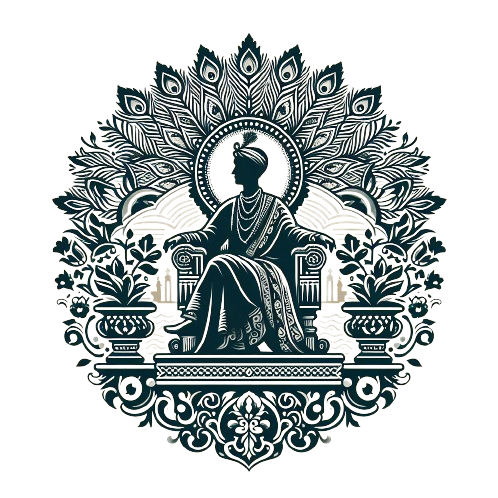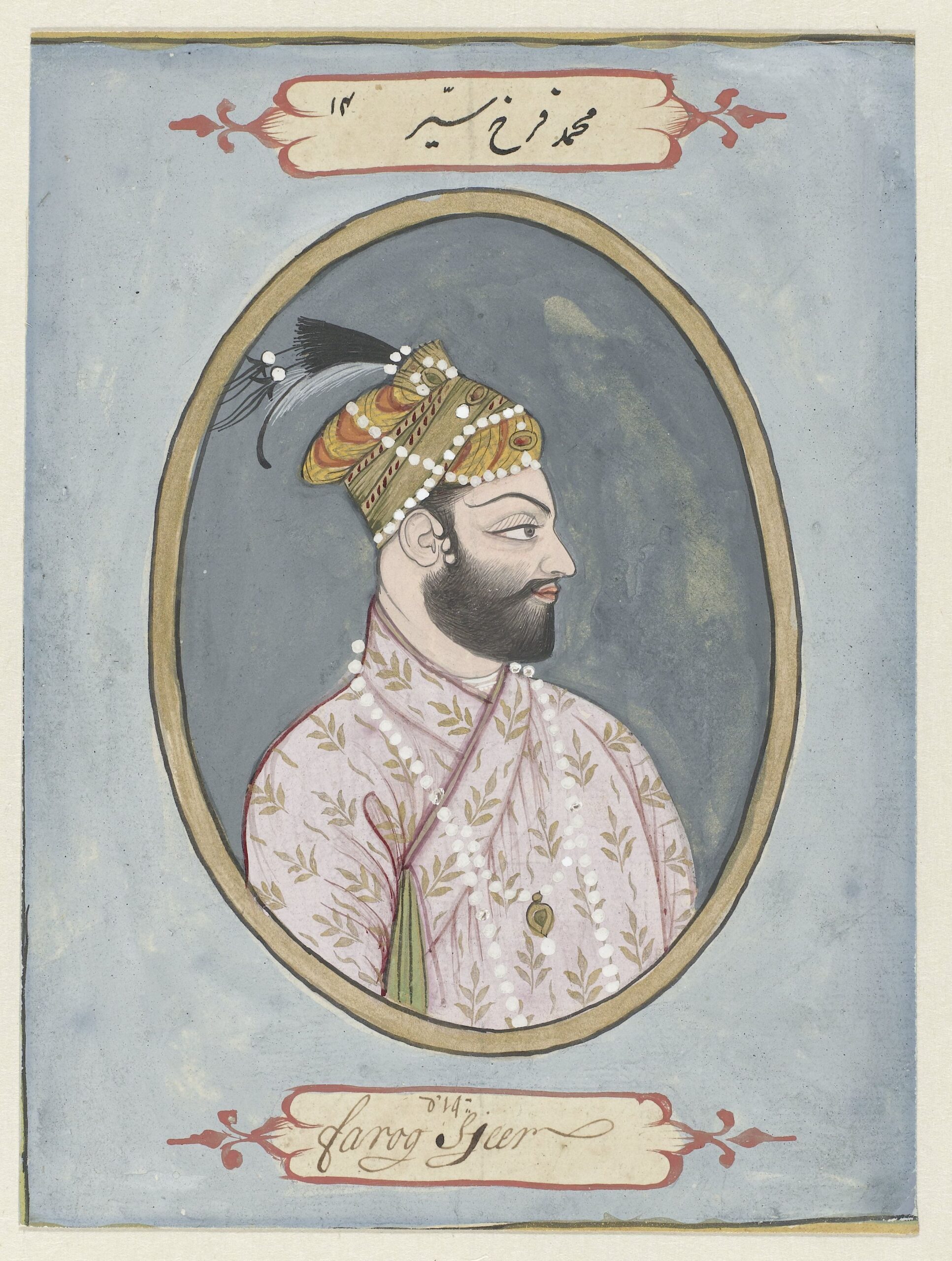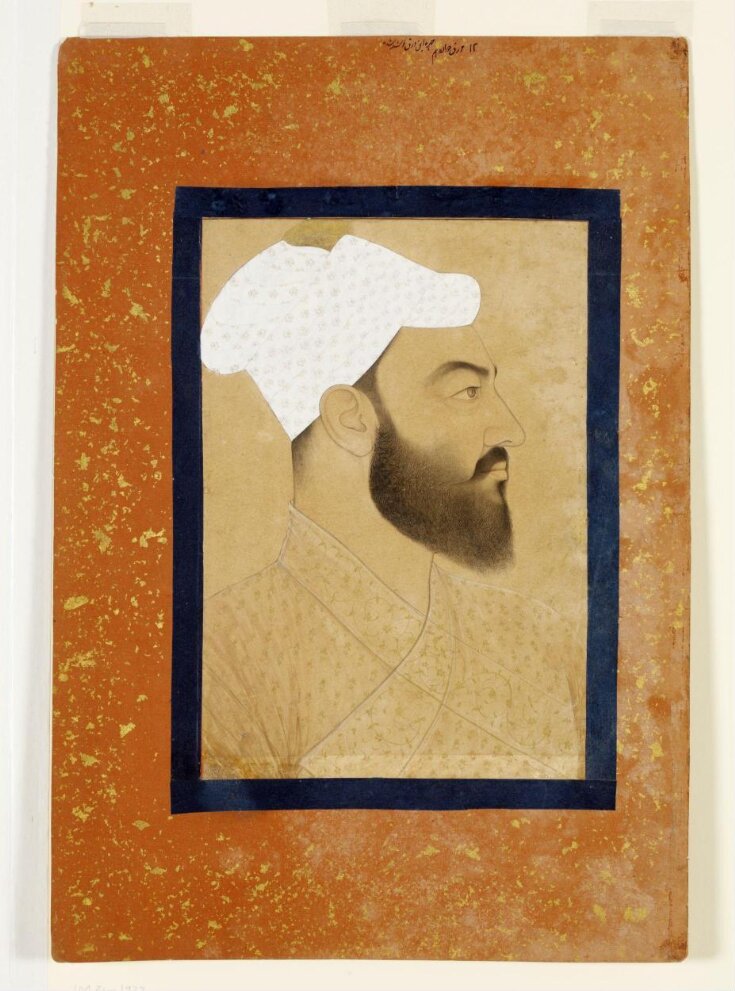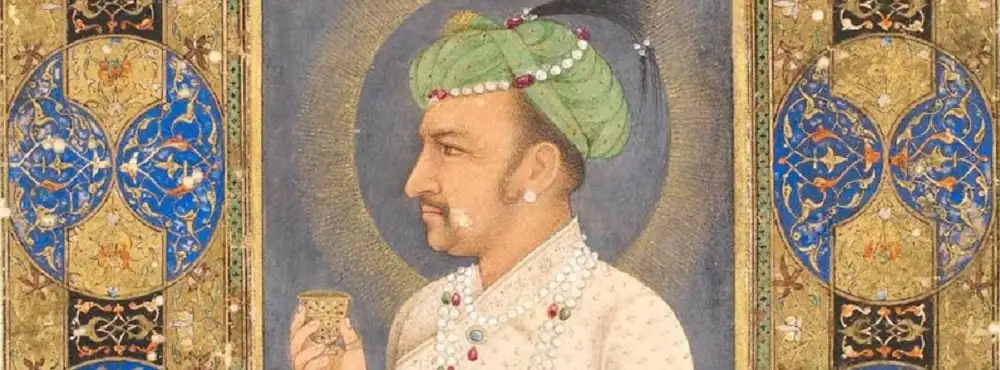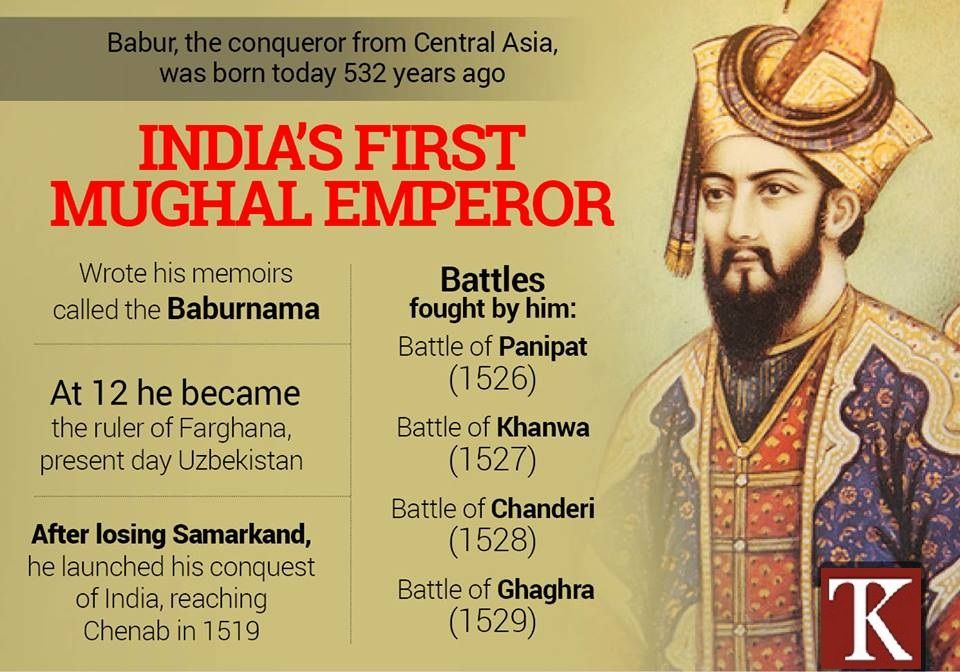The imperial stage of the Mughals is perceived through Babur, their first emperor, in Indian history. In fact, he was the beginning of one of the most powerful dynasties which swept the region. He won amazing battles, especially the Battle of Panipat in 1526, which we all know, ended in the consolidation of the Mughal empire in India, taking the place of the slipping Delhi Sultanate. Beyond his military triumphs, moreover, cultural achievements of Babur, for example, his wonderful autobiography that he called Baburnama revealed a complete and multifaceted picture of the sociopolitical development of medieval India. This further led to his administrative reforms, which showed in land revenue assessments through the zabt system, that gave the Mughal Empire a foundation for efficient governance. The legacy of Babur reaches far beyond his lifetime. The principles of religious tolerance and pluralism woven into the tapestry of Indian society by Babur continue to have a profound impact on culture for generations. In general, Babur has a multifold impact on military, cultural, and administrative sectors, which is why he is counted amongst the historic eminent personalities who have ever-lasting ramifications in the history of India.
